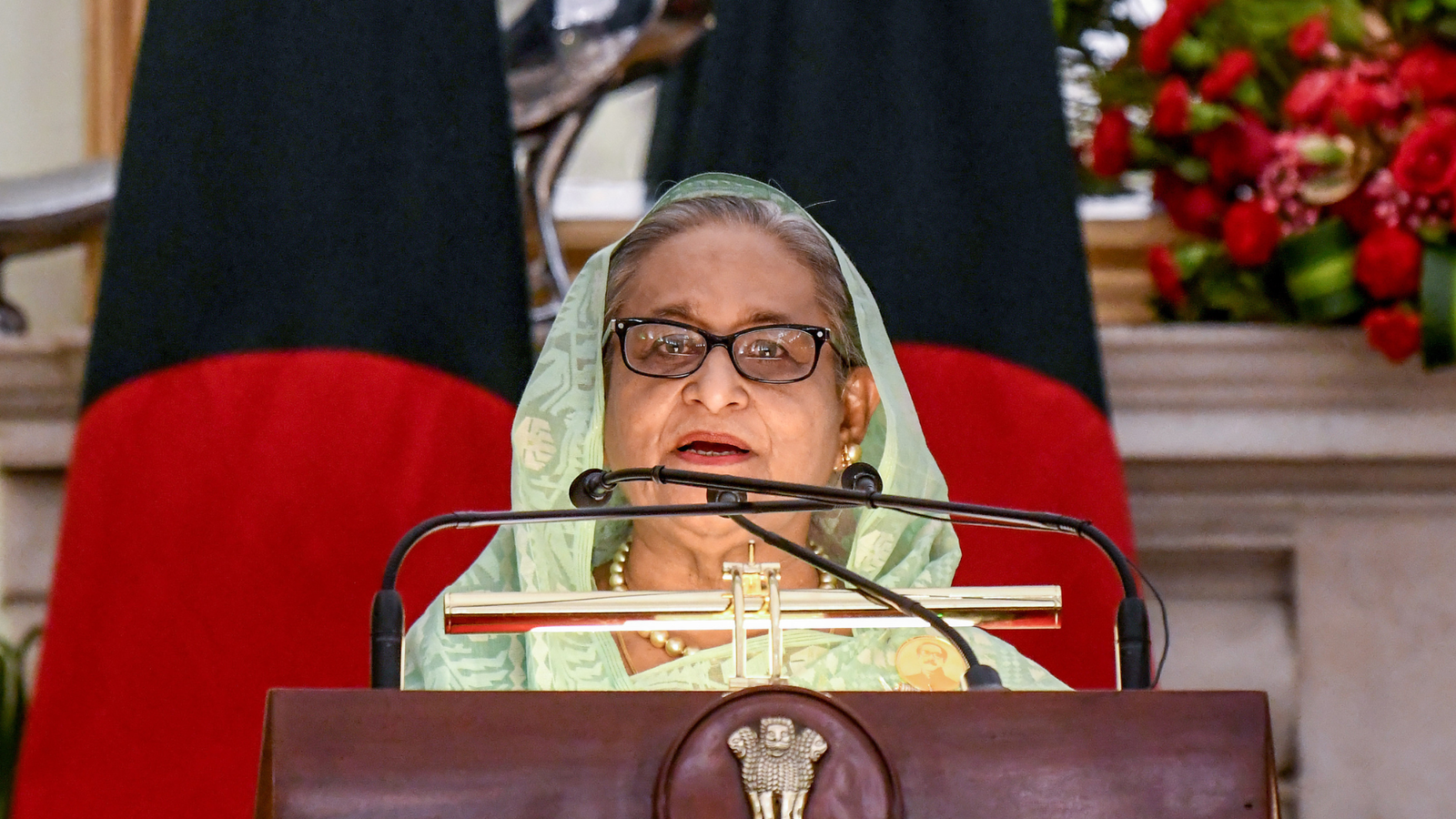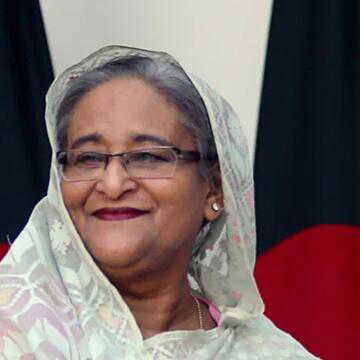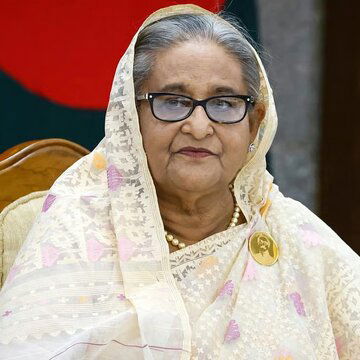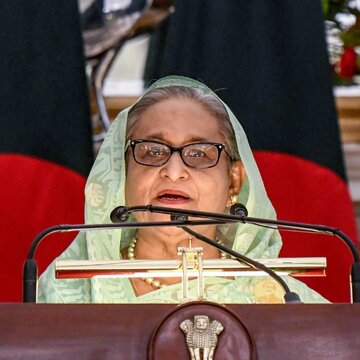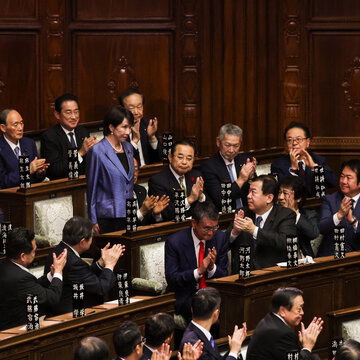A three-judge bench of the International Crimes Tribunal-1 (ICT-1) in Dhaka has found former Prime Minister Sheikh Hasina guilty of crimes against humanity, sentencing her to death in absentia.
Court details and judgment
Chief Judge Md Golam Mortuza Mozumder read excerpts from the 453-page verdict, saying Hasina, jointly with her former Home Minister Asaduzzaman Khan Kamal and former police chief Chowdhury Abdullah Al-Mamun orchestrated a deadly crackdown on protesters in July–August 2024.
Also Read | Security tightens in Dhaka with shoot-at-sight order before ICT verdict on Sheikh Hasina
The tribunal described Hasina as the “mastermind of the killings,” during what it called a “systematic campaign.”
Prosecutors presented evidence, including audio recordings and forensic analysis, that Hasina ordered the use of helicopters, drones, and lethal weapons to target protestors.
According to the verdict, she gave direct orders to identify protester locations and carry out attacks from the sky.
A judge said the tribunal verified recordings where Hasina allegedly told a top official to deploy paratroopers from helicopters. The court also heard allegations that injured protesters were denied medical care.
Casualties, abuse, and cover-up
The tribunal held that roughly 1,400 people were killed during the violent uprising, a figure the prosecution linked directly to orders from Hasina.
The judgment also says that bodies were burned by police to destroy evidence and that Hasina ignored earlier court orders to stop incendiary speeches. There was specific mention of Abu Sayed, a student whose death is considered a flashpoint for the protests. Prosecutors claimed Hasina’s government tried to tamper with post-mortem reports.
Co-accused and testimony
While Hasina and Kamal were tried in absentia, Chowdhury Abdullah Al-Mamun cooperated with the tribunal as a state witness and avoided the death penalty.
The court noted that Hasina had "superior control" but failed to punish those accused of violence.
Prosecution’s demand
The chief prosecutor, Mohammad Tajul Islam, had asked for a death sentence, arguing that if each of the 1,400 alleged killings were punished separately, Hasina would deserve 1,400 death sentences.
Also Read | Dhaka summons Indian envoy to silence Sheikh Hasina, amid rising tensions
He described her as the “principal architect” of the crackdown.
This verdict marks a dramatic escalation in Bangladesh’s political crisis. With Hasina in exile in India and her party barred from contesting, the death sentence in a case as charged could deepen divisions and fuel unrest. Observers say it will set up a historic precedent, but critics warn of long-term instability.


